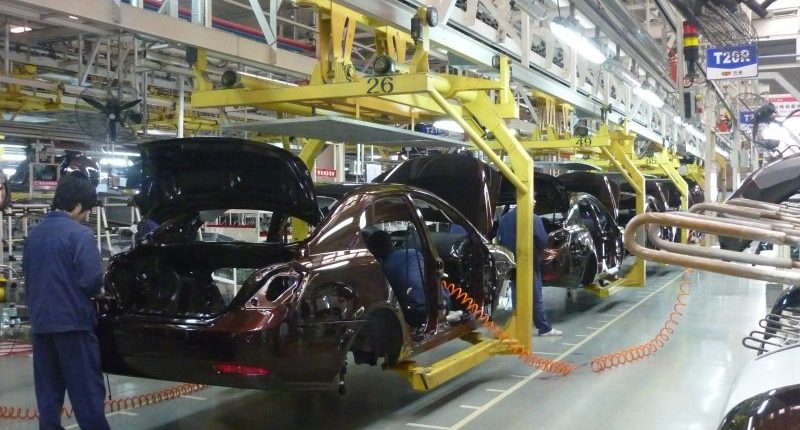The country’s manufacturing sector seems to witness a new horizon with reference to the corporate tax rates being slashed. This development is expected to cause a high-tide in the rising electric vehicle industry.
After the GST rate cuts announced by the Finance Minister, many makers of electric vehicles and its components have shown interest to invest in India. They were encouraged to set up manufacturing plants in the country boosting the domestic production of lithium-ion batteries, charging equipment, and electrical and electronic spare parts. This move, in turn, benefits the producers of hybrid and conventional internal combustion vehicles.
Imports have been expensive due to the falling value of the Indian rupee in the global market. Therefore, it is logical to set up manufacturing plants within the country and get access to the necessary commodities at a cheaper price.
Nirmala Sitharaman proclaimed that new manufacturing companies set up on or before 1 October will be levied an income tax rate of 15%, i.e. 17.01% including cess. The benefit is available if the company does not avail any other incentive and begin production on or before 31 March 2023. The newly announced tax regime for setting up of new units encourages the sector’s growth and boosts the overall manufacturing activities in the country.
Also Read: Everything you need to know about corporate tax rate cut this year
In 2018, India was recognised as the seventh-largest manufacturer of commercial vehicles. During the period between April 2000 and December 2018, an aggregate FDI inflow to the automobile sector stood at US$20.85 billion. Currently, the auto industry and its related sectors account for 49% of India’s manufacturing GDP.
India Brand Equity Foundation (IBEF) states in a report that India is expected to become a leader in shared mobility by 2030 if opportunities are provided for electric and autonomous vehicles.
With all the efforts being made by the government, electric vehicle manufacturing companies get the necessary support to grow even in terms of sales. Indirectly, it leads to cut crude oil imports and utilisation resulting in balancing the high pollution levels in certain metropolitan cities.
Considering individual cases, Maruti Suzuki cars are made of 90% of locally manufactured components. However, it still imports a few electronic components that they want to make in India.
The Managing Director and CEO of Maruti Suzuki India Ltd, Kenichi Ayukawa expressed that if anybody can come forward and manufacture these key components in India with good quality and reliability, it will not only help their own company but the whole automobile industry of India. Such an initiative can also help India get more investments from foreign countries.
The Finance Ministry has also made a point in encouraging such developments with the modifications in income tax and offering exemptions. Nirmala Sitharaman has announced that the makers of solar electric charging infrastructure and lithium storage batteries will get investment-linked income tax exemptions under Section 35AD of the Income Tax Act. The automobile industry is expected to reform for good in the upcoming days.
For any clarifications/feedback on the topic, please contact the writer at apoorva.n@cleartax.in





